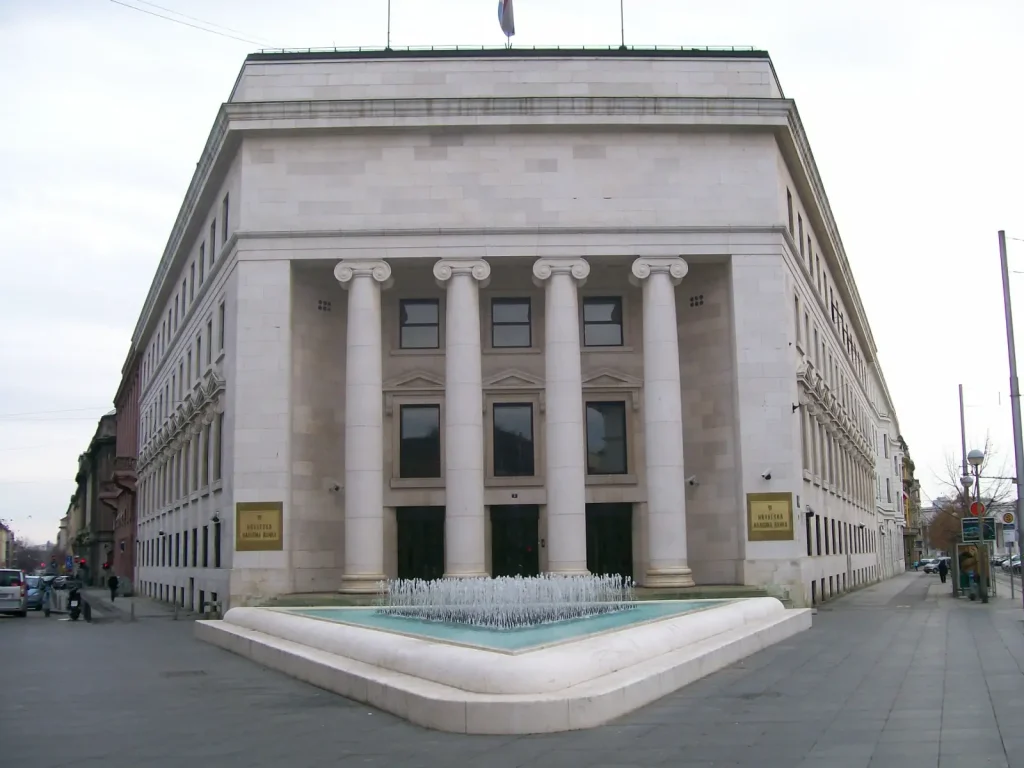The economic statistical indicators indicate the possibility of a decrease in economic activity in the third quarter of 2022 compared to the previous quarter, i.e. a strong slowdown in real growth compared to the same quarter last year, according to the press release from the HNB Council session. They note that business and consumer expectations worsened, industrial production decreased in July and August compared to the second quarter, and turnover from retail trade stagnated. The employment growth slowed down, yet the administrative unemployment rate in July and August was slightly lower than in the three previous months. In the mentioned two months, the growth of nominal gross wages also slowed down, while real wages continued to decrease, the HNB states, adding that on the other hand, indicators in tourism point to record achievements in the third quarter.
In an environment of significant worsening of economic prospects accompanied by strong inflationary pressures and uncertainty regarding the prices and availability of energy sources, economic growth could slow down from the expected 5.5 percent this year to one percent next year, the HNB estimates. The annual inflation measured by the consumer price index accelerated to 12.8 percent in September, from 12.3 percent in August, the statement further states, but also adds that towards the end of the year, inflationary pressures are expected to weaken, partly due to energy price control measures. Thus, the HNB estimates, inflation in 2022 could amount to 10.3 percent on average, while in 2023 it is expected to slow down to 6.7 percent due to the effect of the base period, the gradual decrease in the prices of raw materials on the world market, the easing of stagnation in supply chains and weakening demand.
Croatia will enter the eurozone at the beginning of next year during the European Central Bank’s tightening monetary policy cycle, which will negatively affect the financing conditions of the domestic economy. However, the reduction of the required reserve ratio and the abolition of the minimum foreign currency liquidity, which the Croatian National Bank has already decided on, will strongly increase the banks’ free cash resources and act in the direction of mitigating and slowing down the deterioration of financing conditions on the domestic market, the central bank says.
The coordinated global tightening of monetary policies increased the borrowing costs of most countries, while the increase in yields on Croatian government bonds was nevertheless significantly milder than in the countries of Central and Eastern Europe outside the euro area, thanks to the favorable effects of the imminent introduction of the euro. For now, bank interest rates have not increased either on new or existing loans to companies and households. However, the cost of repaying loans with a variable interest rate could gradually increase, especially for those tied to Euribor, which has already risen strongly, which will be mitigated in the short term by the legal limit on the highest interest rates on consumer loans. The apparent increase in interest rates on new housing loans, along with the pronounced uncertainty and decrease in real incomes, also increases the risk of a reversal in the residential real estate market, where prices and activity continued to grow strongly in the first part of the year.








